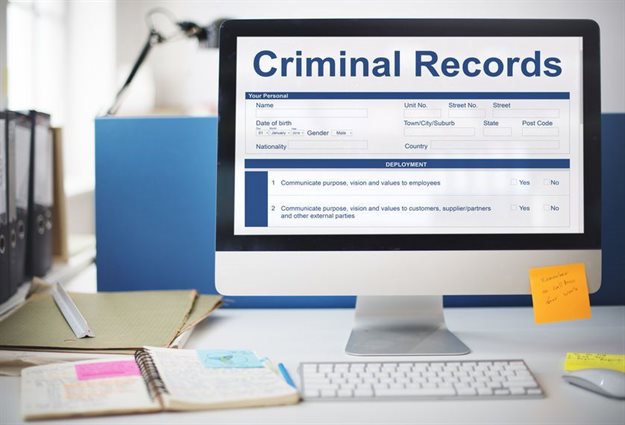
Top stories






More news

Marketing & Media
Ads are coming to AI. Does that really have to be such a bad thing?















At the outset, it must be noted that the provisions of this article do not apply to admission of guilt fines paid in respect of minor traffic offences such as low category speeding and unlawful parking (“traffic offences”). These are governed by various acts for example the Road Traffic Act 93 of 1996 and the Administrative Adjudication of Road Traffic Offences Act 46 of 1998 and do not result in a criminal conviction being recorded against the name of the person paying the fine.
The option of paying an admission of guilt fine may manifest itself in a summons issued in terms of Section 54 or a notice issued in terms of Section 56 of The Criminal Procedures Act 51 of 1977 (“the Act ”).
Admission of guilt fines are regulated by Section 57 of the Act. The purpose of allowing the payment of an admission of guilt fine is to enable a person to admit guilt in advance and thereby avoid having to appear in court on a “minor” criminal charge.
Although the payment of a fine may seem innocuous, there could be serious consequences which may not be realised by the person who pays the admission of guilt fine.
When a person pays an admission of guilt fine he/she:
It is highly recommended that a person faced with the option of paying an admission of guilt fine should seek professional legal advice before doing so in order to enable that person to fully understand the consequences of his/her actions prior to doing so.
One is not left without a remedy if one has already paid an admission of guilt fine and is in fact innocent. The Act makes provision to set aside the conviction and sentence in appropriate circumstances. It is once again suggested that professional legal advice is sought to assist with the process in this regard.